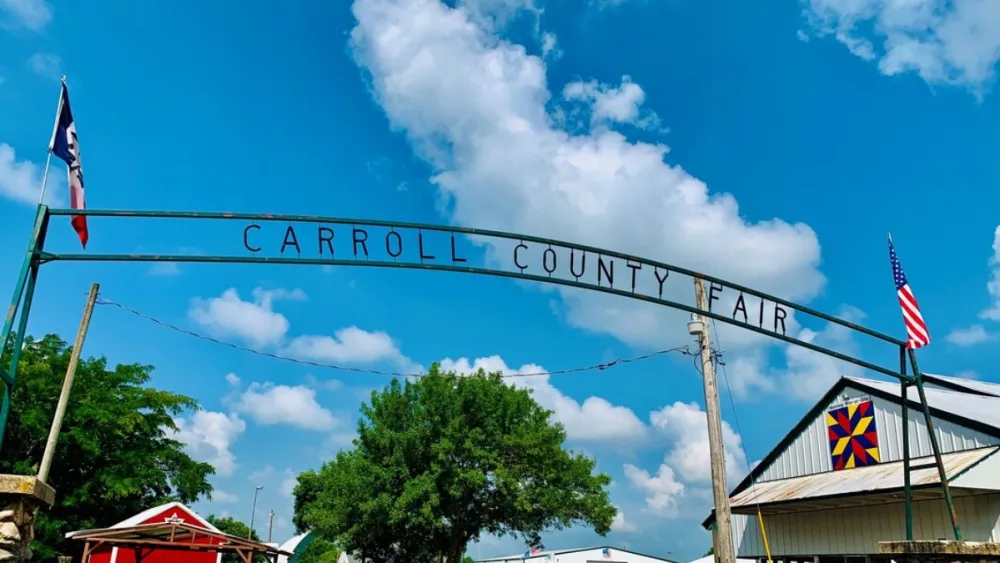In the wake of severe weather over the weekend, Iowa Attorney General Brenna Bird issued a warning to Iowans about scammers and fraudulent contractors targeting natural disaster victims. These individuals exploit vulnerable Iowans seeking repairs, often taking advance payments without fulfilling the work. Bird encourages caution when dealing with clean-up, repair, and construction contractors, especially those soliciting business door-to-door. She says, “The storms that tore through Iowa over the weekend destroyed homes and livelihoods. My heart goes out to every Iowan who was hit. This is when we need to lean on each other more than ever, neighbor-to-neighbor, and keep an eye out for those who seek to take advantage of Iowans’ hardships. Iowans are resilient, but they should not need to fight off scammers while rebuilding their lives. Before hiring a contractor, take your time, do your research, and protect yourself from falling victim to a storm-chaser scam.” Iowans should be wary of aggressive sales tactics, verify contractors’ reputations, and avoid risky payment methods. Any suspicions of storm-chaser scams or price gouging should be reported to the Iowa Attorney General’s Office for investigation. A list of tips from the AG’s Office to avoid storm-chaser scams is also included below.
______
- Beware of Aggressive Sales Tactics:Do not feel pressured to immediately make repair choices. Get multiple estimates before agreeing to repairs.
- Check Contractor Reputation:Before signing a contract or paying any money, check a contractor’s reputation through government resources and with trusted family, friends, and neighbors. Resources include:
- Iowa Workforce Development Contractor Registration: https://laborportal.iwd.iowa.gov/iwd_portal/publicSearch/public.
- Better Business Bureau complaint database: www.bbb.org.
- To see if a contractor has been part of a lawsuit involving a scam or shady situation, visit Iowa Courts Online: https://www.iowacourts.state.ia.us/ESAWebApp/DefaultFrame.
- Contact the Iowa Attorney General’s at consumer@ag.iowa.gov or (515) 281-5926 to check complaint history.
- Verify Contractor Identification:Request a contractor’s driver’s license and take pictures of their vehicles’ license plates.
- Get a Written Contract:Avoid large up-front payments and never sign a contract that allows the contractor to exclusively decide on final price, scope of work, or materials.
- Work Directly with your Insurance Company:Do not let the contractor negotiate repairs with your insurer or let them act as your adjuster. While contractors can advise you, your insurance company is your primary contact.
- Avoid Risky Payment Methods: Never pay by bank wire transfer, gift card, cryptocurrency, or cash.
- Beware of FEMA Scams:Know that FEMA does not charge application fees. If someone wants money to help you qualify for FEMA funds, it is a scam.
- Know your Cancellation Rights:In most situations, you have three business days to cancel a home repair contract after signing it.










